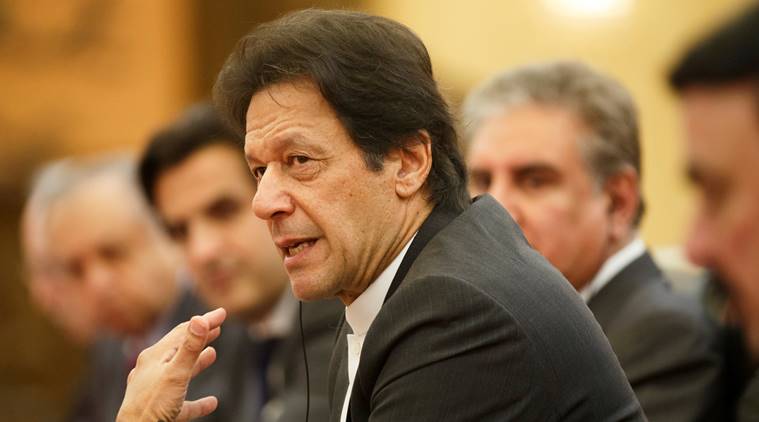Geopolitics makes it difficult for India to isolate Pakistan diplomatically
With the two neighbours standing eyeball-to-eyeball, the choice is now between de-escalation for talks and escalation for war.

Imran Khan was in no hurry to respond to India’s allegations on Pakistan’s role in the Pulwama incident. He delivered a speech on February 19 — five days after the incident and after the Crown Prince of Saudi Arabia left Pakistan. While it is true that he didn’t want Pakistani and Saudi attention diverted from Mohammad bin Salman, that may not have been the only reason for the delaying tactics. Perhaps, he wanted Narendra Modi to feel the pain of having his back to the wall, which was compounded with the anger of not being able to react at will against a country that the Indian prime minister had claimed he would isolate internationally.
In delivering his message on February 19, Khan appeared calmer than his predecessor, Nawaz Sharif. Sharif belongs to a generation of politicians of the 1990s who understood the domestic political value of peace. In his last term, he was at odds with his military commanders over how to handle New Delhi.
Khan, on the other hand, is a first-time head of government, who may have spoken in the past about the need to have peace in the region or criticised the military. But in his new re-incarnation as head of “Naya” Pakistan, he seems to be a mix of Modi and Pervez Musharraf. Like them, he understands where power lies, knows how to play to the gallery to gain legitimacy and shoots from the hip. In any case, he has the benefit of being on the same page as his army chief. The one problem is that folks in Delhi tend to see the better relations Khan has with the army from one perspective — he will deliver to India when others could not. This is an ambitious thought.
In his speech, Khan was eager to cut to the chase and suggest that cracking down on the Jaish-e-Mohammad or Lashkar-e-Taiba was not going to happen just because India wants it. His insistence on actionable intelligence means that the matter will drag on inconclusively.
In the 10 years since the 26/11 Mumbai attack, the ordinary Pakistani have been made to almost forget Ajmal Kasab as their own or that his whereabouts were ferreted out by both the Pakistani and international media. They now believe that he was an Indian national and the entire incident was part of a project to malign Pakistan. Khan is both the maker and part of the “Naya” Pakistan, which has moved on from Mumbai and wants India to do the same. However, the exchange of actionable intelligence, on which both states agree, is not likely to happen. Therefore, if New Delhi is in a hurry to solve the terrorism problem, then it would do well to attend to the core issue — Kashmir. It is the only context in which violent extremism is likely to be discussed bilaterally with the intention of solving the problem permanently.
Khan’s message seems to be padded with consciousness of the region’s political and geopolitical realities. The first reality is the nuclear-weapons deterrence that imposes limits on how far India can go in responding to Pakistan. Notwithstanding India’s anger and a view in certain circles in Delhi that Pakistan could be easily pushed down the escalation spiral, the likelihood of both sides blinking first remains a possibility. India’s conventional military superiority is questionable. In the past, major escalation was contained by smaller reactive actions such as the shooting down of Pakistan Navy’s Breguet Atlantic-91 with 16 people on board. Both sides also conduct attacks across the LoC. What Khan tried to say was that any Indian action beyond the LoC would provoke a reaction. Striking the Jaish’s headquarters, 200 miles inside the international border, could result in unmanageable escalation.










.png)




























No hay comentarios:
Publicar un comentario